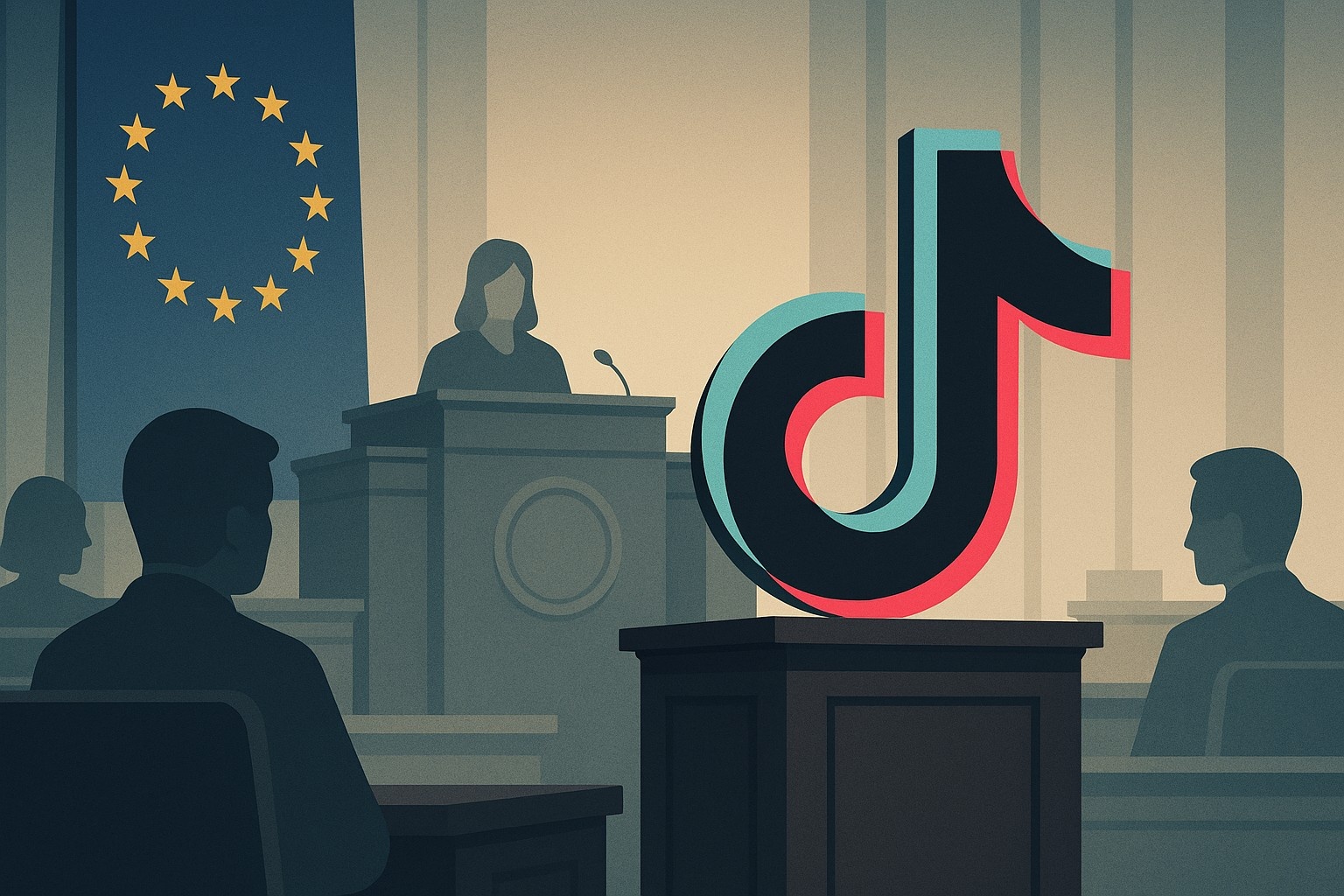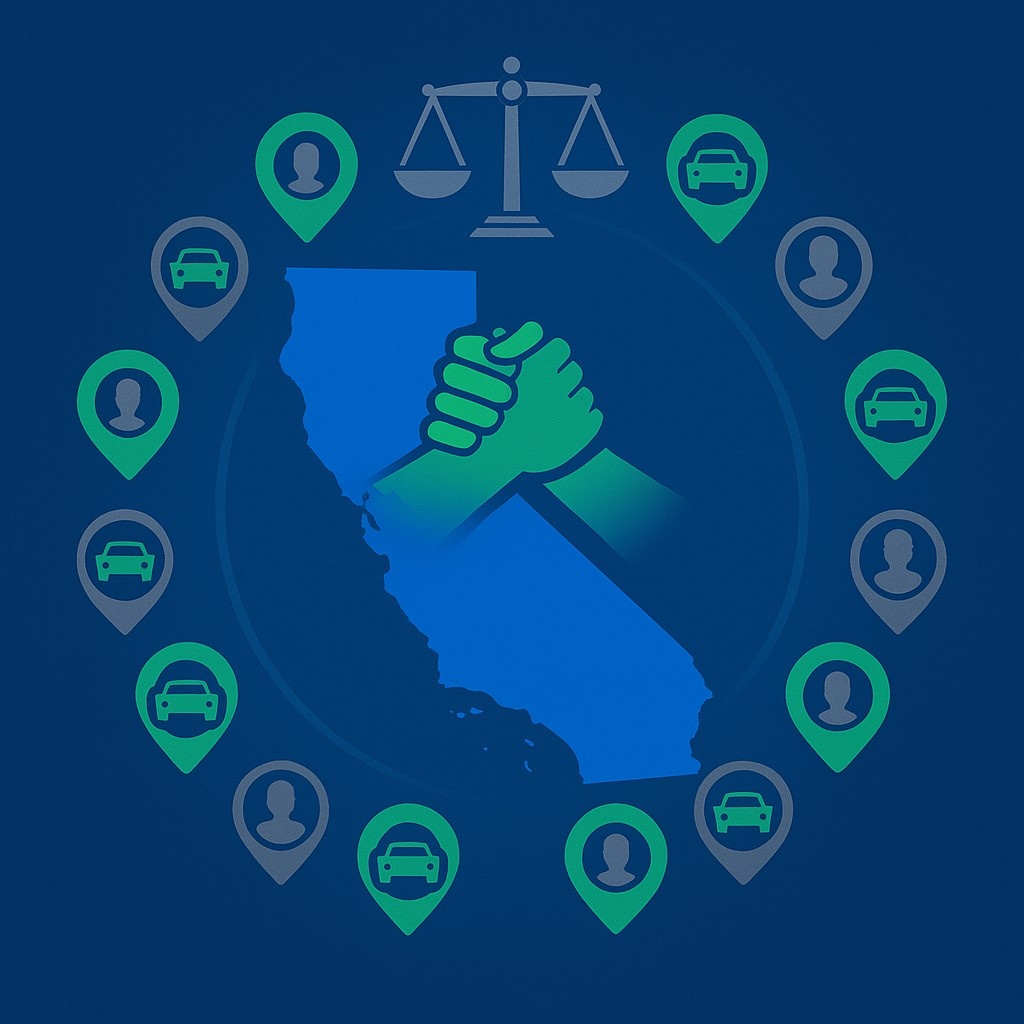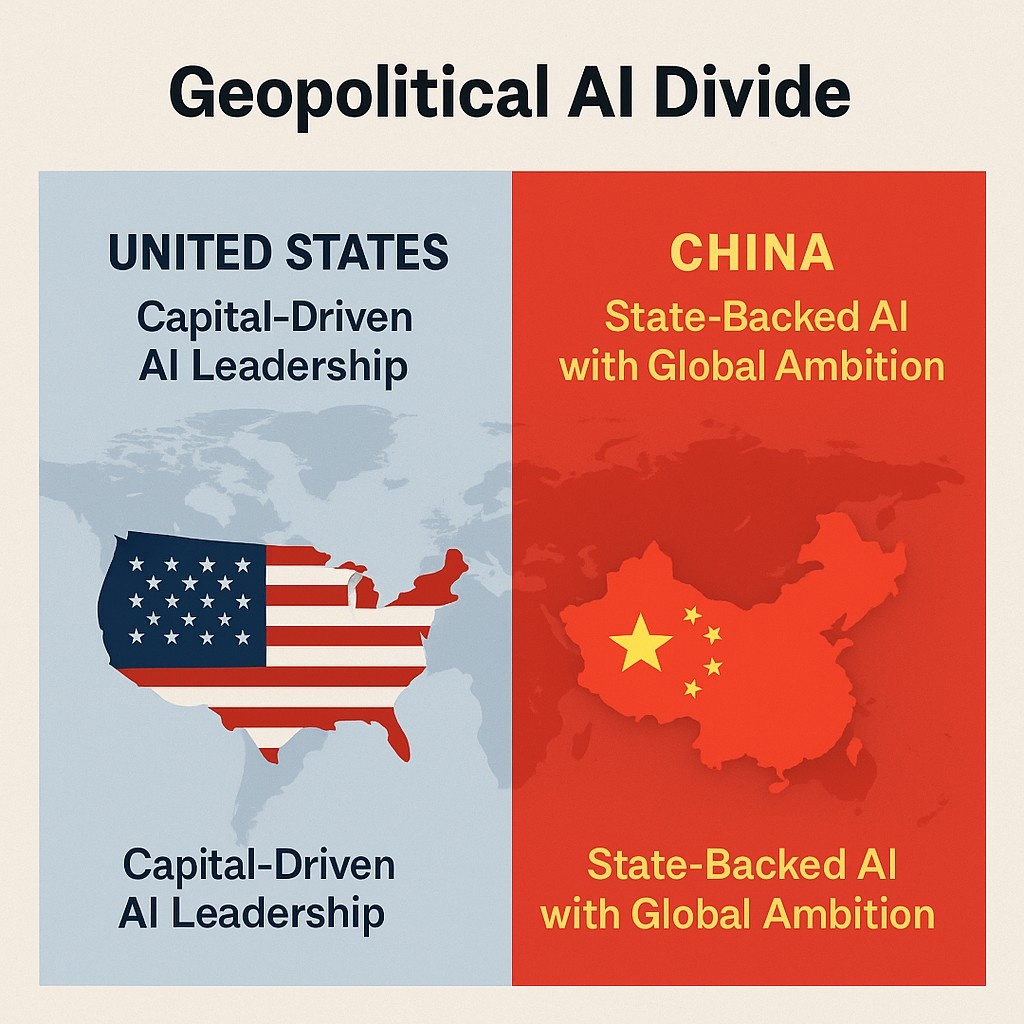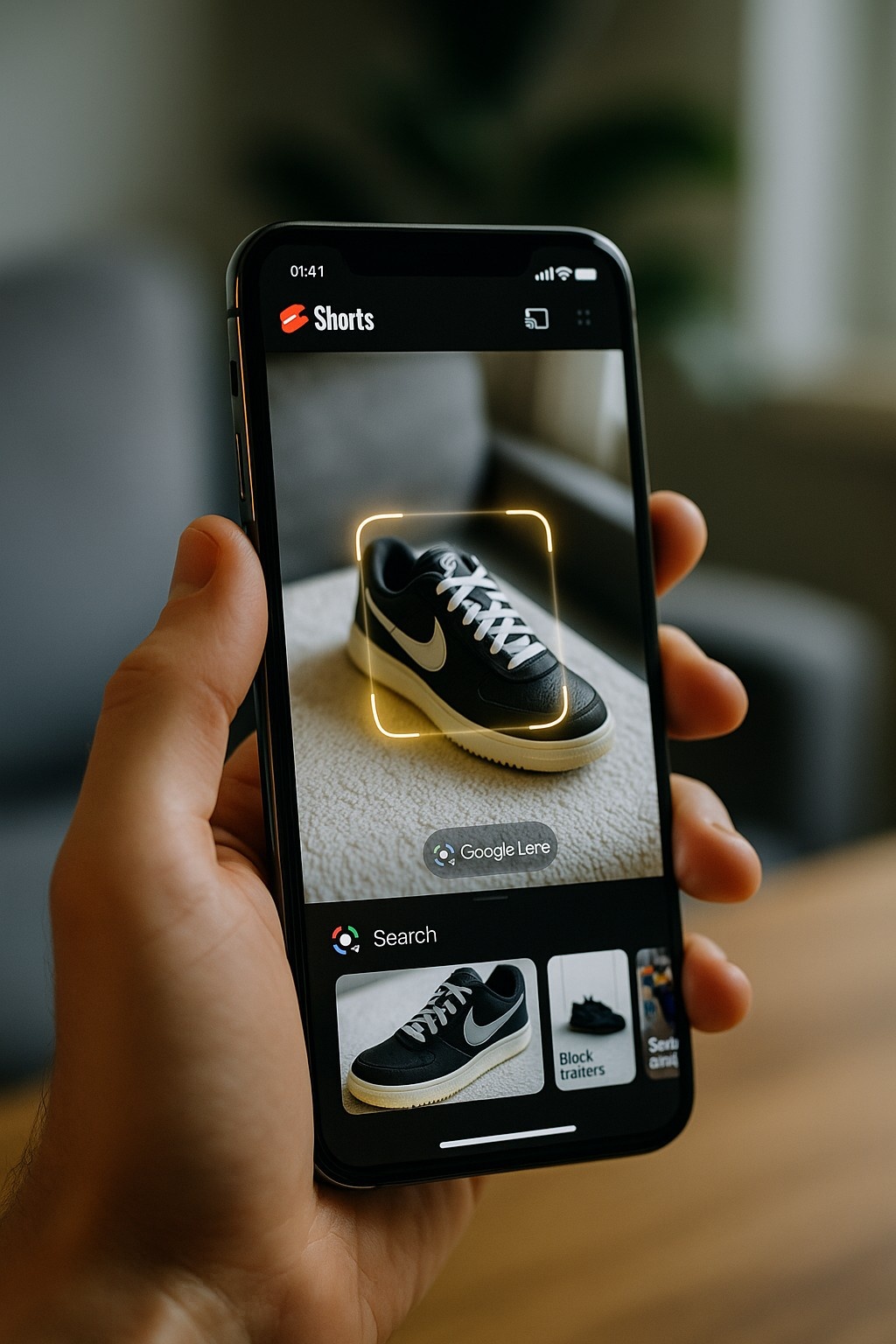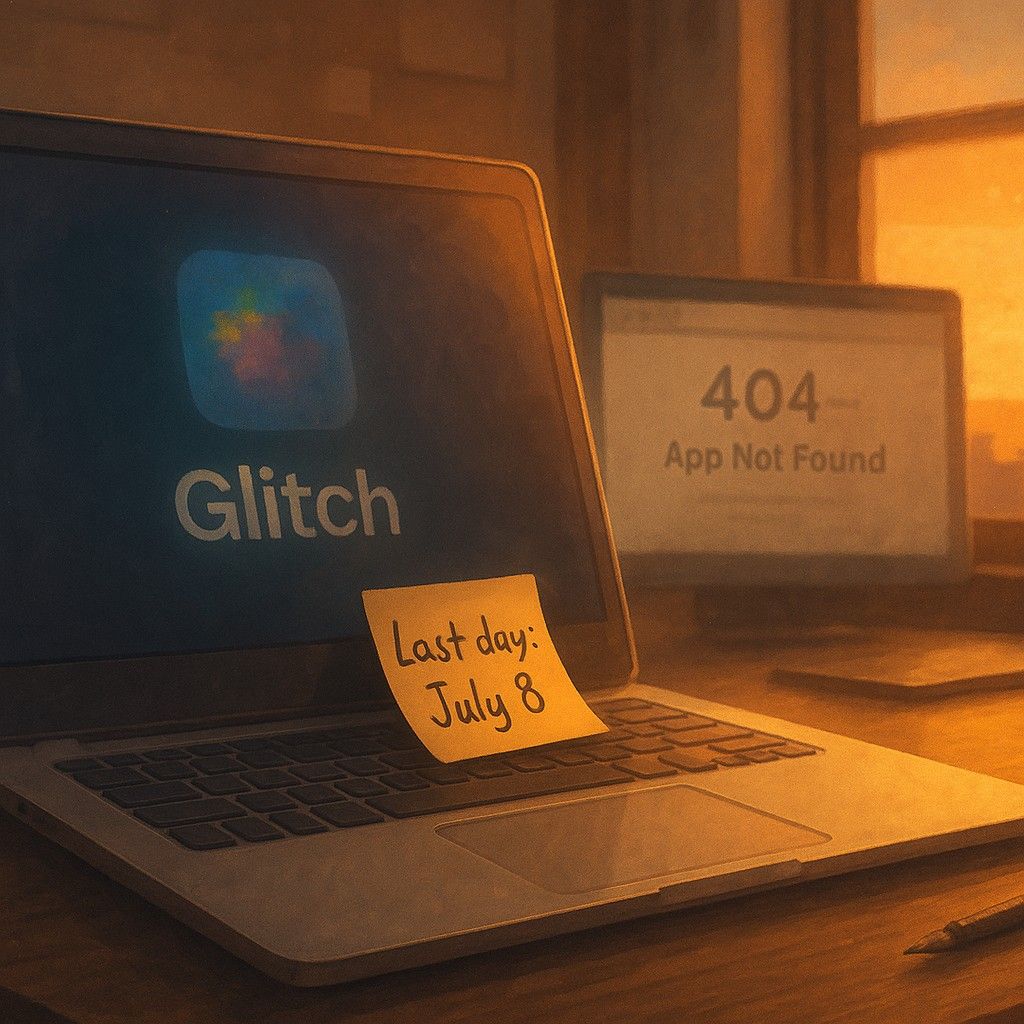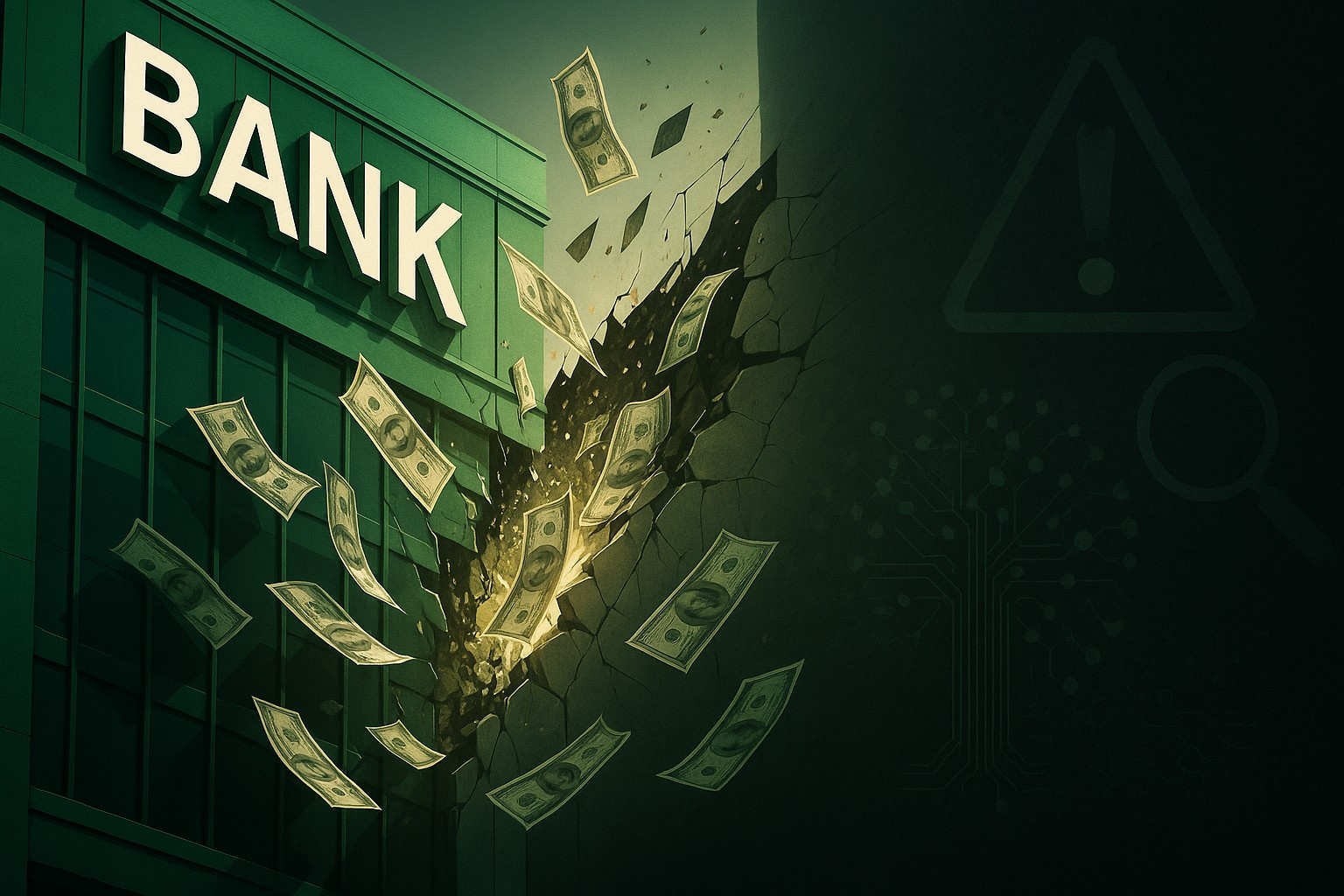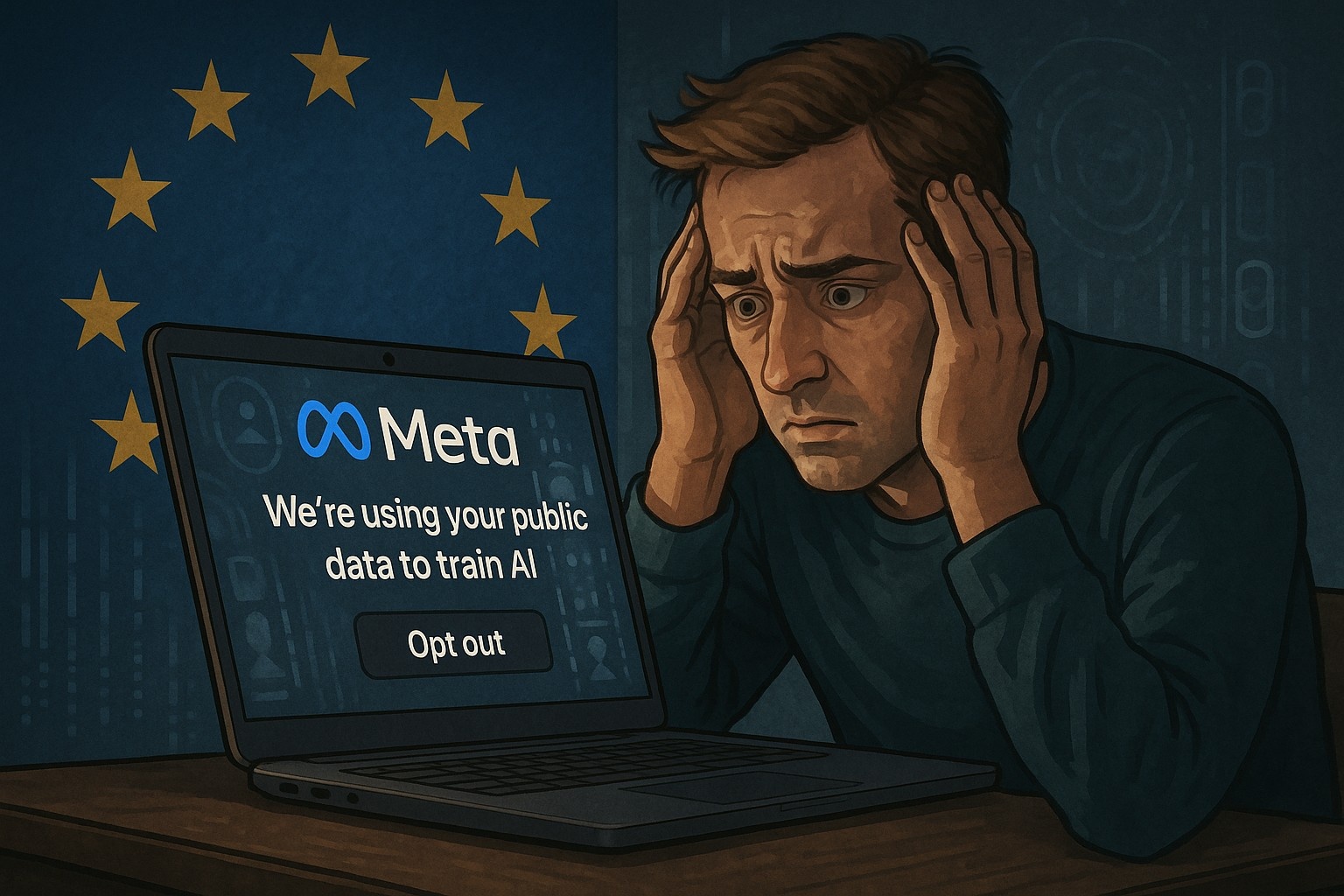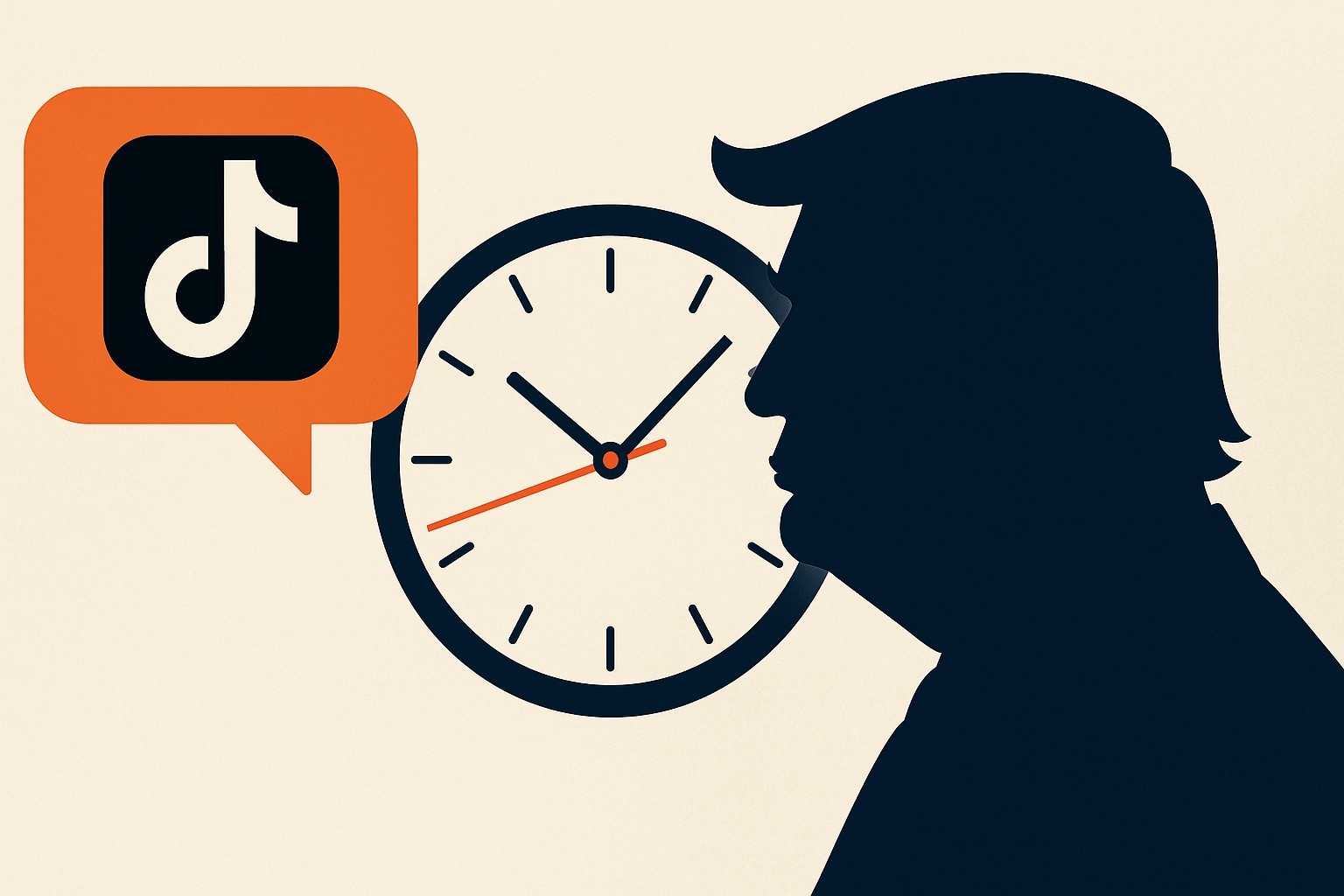TikTok in the Crosshairs: Europe Moves to Enforce Its Tough New Internet Rules
The honeymoon may be over for TikTok in Europe. In a landmark move, the European Commission has formally charged the Chinese-owned video platform with violating the EU’s Digital Services Act (DSA) — the continent’s most ambitious tech law to date.
The accusation? TikTok allegedly failed to provide sufficient transparency around its advertising practices, a key requirement under the DSA. It’s the first major case under the law targeting a platform of TikTok’s scale — and it could carry multibillion-dollar consequences.
What’s TikTok Accused Of?
At the heart of the dispute is advertising transparency — a seemingly technical obligation that has serious implications for disinformation, scams, and user privacy.
Under the DSA, large digital platforms must maintain a public, searchable ad repository. This lets regulators, researchers, and users see:
- Who paid for ads
- How they were targeted
- What content was shown
According to the Commission, TikTok failed to provide this data — effectively operating a black box of digital advertising. This makes it harder to track political manipulation, scams, or opaque influencer marketing — all of which have come under increasing scrutiny in Europe.
“Transparency in online advertising — who pays and how audiences are targeted — is essential to safeguarding the public interest,”
said EU digital policy chief Henna Virkkunen.Officials also flagged broader compliance gaps, including TikTok’s failure to sufficiently explain how its algorithmic content curation works and how it moderates harmful or illegal content — both core DSA obligations.
TikTok Pushes Back
TikTok responded swiftly, pushing back on the Commission’s interpretation of the rules. In a statement, a company spokesperson said:
“While we support the goals of the regulation and continue to improve our ad transparency tools, we disagree with some of the Commission’s interpretations.”
The company implied that the guidelines were vague, and it’s being held accountable to expectations that weren’t clearly outlined. It also stressed the need for “consistent enforcement” — a subtle way of warning that it doesn’t want to be unfairly targeted compared to rivals like Meta or Google.
The proceedings are still in the preliminary phase. TikTok will have an opportunity to formally respond, submit documents, and potentially avoid a fine — but the clock is ticking.
Why This Case Matters
This isn’t just about TikTok — it’s about whether the EU’s landmark Digital Services Act can meaningfully reshape online platforms.
The DSA, which took effect for major tech firms in 2024, aims to clean up the internet by forcing platforms to:
- Disclose how their algorithms work
- Act quickly on harmful or illegal content
- Open up their ad targeting practices to scrutiny
While previous EU regulations focused on privacy (GDPR), the DSA goes deeper into platform responsibility and systemic risk.
That TikTok is the first major target sends a strong message: even non-Western tech giants will be held to Europe’s rules. This is a shift — until now, most EU crackdowns have focused on Silicon Valley giants like Meta and Google. With TikTok boasting over 150 million European users, it’s now clearly on the regulatory radar.
What Happens If TikTok Loses?
If TikTok is found in breach of the DSA, the consequences are serious:
- Fines can reach 6% of global annual revenue
- ByteDance, TikTok’s parent company, made over $12 billion in 2022 — so penalties could hit into the billions
- In extreme cases, the EU can even temporarily suspend the service
A full ban is unlikely — but it’s legally possible under the DSA. For now, that’s a worst-case scenario. More realistically, TikTok could be forced to rapidly overhaul its systems, launch a fully compliant ad library, and make further algorithmic disclosures.
A Global Platform Under Fire
This EU case adds to growing international pressure on TikTok. In the U.S., the platform narrowly avoided a nationwide ban and remains under investigation over data security and Chinese government influence. Several federal agencies and states have already banned the app on official devices.
In March 2024, TikTok’s CEO faced a grilling in U.S. congressional hearings, trying to reassure lawmakers that the company doesn’t share user data with Beijing — a claim that many in Washington remain skeptical about.
The EU’s charges further undermine TikTok’s global image as a responsible corporate actor. They also give cover to regulators in other countries who may want to act, using Brussels’ findings as a precedent.
Western Rivals Watch (and Wait)
Privately, some of TikTok’s Western competitors — particularly Meta (Instagram, Facebook) and YouTube — may not be displeased. TikTok has rapidly eaten into their market share among younger users.
If EU regulatory headwinds slow TikTok’s momentum or force it into expensive compliance projects, that could offer rivals breathing room to regain traction. That said, these companies are also subject to the DSA — and may soon face investigations of their own.
Indeed, the European Commission has already confirmed that a second investigation into TikTok is underway, focusing on the platform’s handling of illegal content and election-related misinformation.
What Users Should Expect
For TikTok’s 150+ million European users, there’s no immediate impact. Legal proceedings will stretch for months, and the company will be given a chance to defend itself.
However, users may start to notice changes soon:
- A public ad transparency library
- Updates to content moderation policies
- New tools or disclosures about how content is recommended
TikTok is likely to act quickly in these areas to avoid further scrutiny and prove its commitment to the DSA framework.
Conclusion: A Watershed Moment for Platform Regulation
Europe has now made it clear: TikTok is not exempt from hard rules. The era of soft promises and voluntary reforms is over. The DSA gives Brussels sharp new tools — and it’s not afraid to use them.
For TikTok, the challenge is clear: either comply, convincingly and quickly, or risk being the first major casualty of the EU’s digital crackdown.
For the broader tech industry, this case sets a precedent. Transparency is no longer optional — and platforms can no longer hide behind vague commitments. As the EU tightens its grip, every tech giant will be watching TikTok’s next move very carefully.
